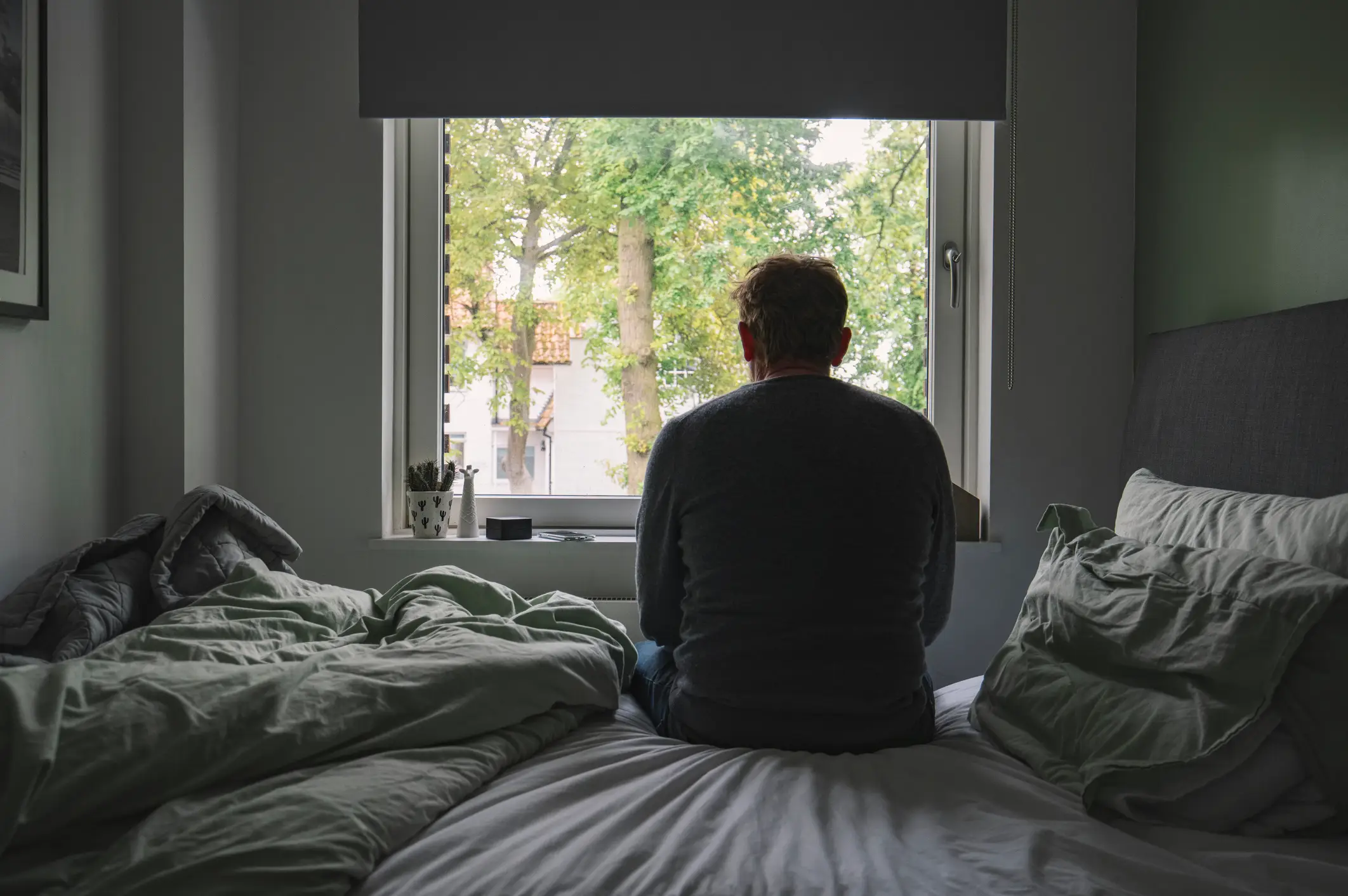
If you've ever taken yourself on a little mental health walk just to clear your mind on a stressful day, you'll know the positive impact it can have.
In fact, lots of people who get into sports like running talk about taking it up for the mental health benefits.
Exercise triggers the release of dopamine, the happy hormone, so it's literally based in science that it will likely make us feel better after we've accomplished some movement.
Not to mention, a lot of forms of exercise can be really fun, so that in itself has the power to improve mood - unless you're playing a competitive sport and your team happens to lose, obviously.
Advert
But for those of us who don't naturally fall into the exercise-loving category, we shouldn't take the one-size-fits-all approach and assume that all exercise is going to have a positive impact on our mental health, a scientist has warned.

According to a new study from the University of Georgia, published in Science Daily, the reason behind why you're exercising will play a huge part in how it impacts you mentally.
If you cast your mind back to peak diet culture in the early Noughties, exercise was often viewed as a punishment for people - primarily women - who believed they'd consumed too many calories or eaten the wrong thing.
While this still exists, the ideology is fortunately less prevalent in mainstream media, but that's not to say there aren't many people out there who still feel this way.
"Historically, physical activity research has focused on how long someone exercises for or how many calories were burned," Patrick O'Connor, co-author of the study and a professor in the Mary Frances Early College of Education's Department of Kinesiology, wrote.
"The 'dose' of exercise has been the dominant way researchers have tried to understand how physical activity might influence mental health, while often ignoring whether those minutes were spent exercising with a friend or as part of a game."

The research highlights that exercise that is done as a leisure activity, such as pilates with a friend or team sports for fun, tend to lead to better mental health outcomes. Those who regularly participate in leisure activities also tend to report lower levels of depression and anxiety.
However, things become less clear when it comes to the physical exercise that comes with activities such as cleaning the house or having a physically demanding job, such as a builder. O'Connor reports that the context around why the exercise is taking place may have a big impact.
"For example, if a soccer player runs down the field and kicks the game-winning ball, their mental health is fantastic," he said.
"In contrast, if you do the exact same exercise but miss the goal and people are blaming you, you likely feel very differently.
"Anecdotes such as these show how context matters even when people are performing a similar exercise dose."

Also, while lots of studies have showed that people who have regular exercise routines tend to have better mental health, the research doesn't tend to include people who are already suffering with poor mental health, which skews the results.
O'Connor continued: "The average effects on mental health are small across all the randomised controlled studies of exercise, and that's partly because most of the studies focused on people who were not depressed or anxious; you do get bigger effects in those studies.
"We're communicating to scientists that larger- and longer-term controlled studies are needed to make a compelling case whether exercise does, or does not, truly impact mental health."
To sum up, he says that if we're trying to encourage people to better their mental health through exercise, it's important to stress that context matters.
Topics: Mental Health, Health
